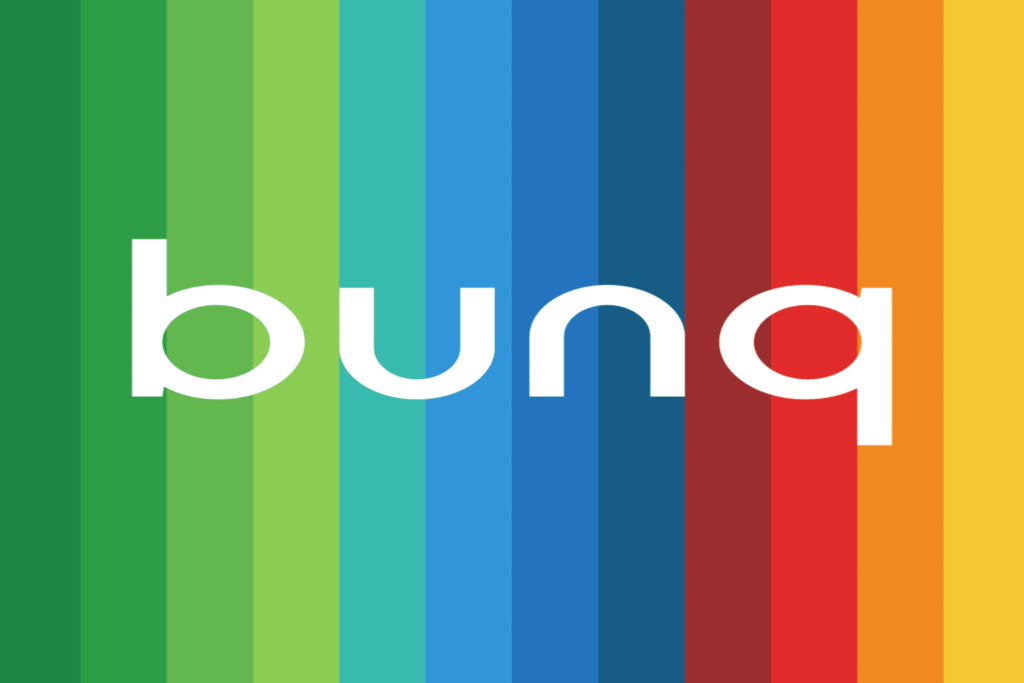
Pioneering Banking for Digital Nomads Across Europe
In an age where remote work and digital nomadism are reshaping the global economy, Bunq, a Dutch fintech company, is emerging as a formidable challenger to Revolut in Europe. Founded in 2012 by the visionary entrepreneur Ali Niknam, Bunq has aligned its growth with the burgeoning segment of digital nomads, carving out a unique niche in the financial sector.
Bunq, which began as a self-funded project, has transformed into a leading force in Dutch fintech, keenly attuned to the needs and desires of digital nomads, its target group of clients. This user-centric approach has propelled Bunq to the forefront of the EU’s neobank sector, now ranking as the second-largest, trailing only behind Revolut.
Redefining Banking for Digital Nomads
In catering to digital nomads, Bunq has introduced unique features, like 2% cashback on public transport and 1% on dining, alongside offering competitive interest rates on multiple currencies. This strategy not only addresses the lifestyle needs of its users but also enhances their global mobility.
Bunq’s CEO, Ali Niknam, emphasizes the bank’s commitment to following its users’ needs. “We’ve always been user-focused,” Niknam stated in an interview with AltFi, attributing the company’s growth to its deep understanding of user preferences. This philosophy resonates across the industry. Jan-Jaap Omvlee, a noted Dutch fintech expert, praises Bunq in the same report for its compelling narrative that strongly appeals to both customers and investors, focusing more on serving its target demographics than on technological prowess.
Sustainable Banking for a Global Community
Sustainability is another key area where Bunq is making strides. It recently introduced CO2 impact insights and a reforestation progress dashboard, aligning with consumer expectations for environmental responsibility. The CRIF’s Banking on Banks 2023 report indicates a strong preference among Europeans for transparent and environmentally conscious banking practices.
Although primarily serving European customers, Bunq is eyeing opportunities in the United States. In April 2023, the company initiated the process to obtain a U.S. banking license, aiming to cater to European expatriates with ongoing ties to their home countries.
2023 was a landmark year for Bunq, marked by significant milestones. The bank announced a user base exceeding 9 million and deposits surpassing €4.5 billion. July 2023 saw Bunq secure an additional €44.5 million in growth capital. This financial success sets Bunq on a trajectory for sustained profitability in 2023.
Crafting Tomorrow’s Financial Landscape
Bunq remains focused on expanding its market share and geographical footprint without overextending its resources. Its growth is linked to the growing digital nomad market, plans for geographic expansion, and maintaining a sharp focus on specific user groups. Niknam remains optimistic about Bunq’s future, believing that the company’s steady, disciplined growth approach will ultimately be successful for gaining new customers and sustained success. This strategy, he believes, sets Bunq apart in a sector accustomed to rapid expansion and high liquidity.
The future looks promising for Bunq as it continues to innovate and expand, providing tailored financial services to digital nomads and beyond. With a focus on user experience, sustainability, and strategic growth, Bunq is not just competing with traditional banks but is redefining banking for the digital age. It will be interesting to see what services Bunq comes up with next and how the US expansion will impact its bottom line. If you are a digital nomad from the EU, it might be worth looking into opening a Bunq account.







Responses